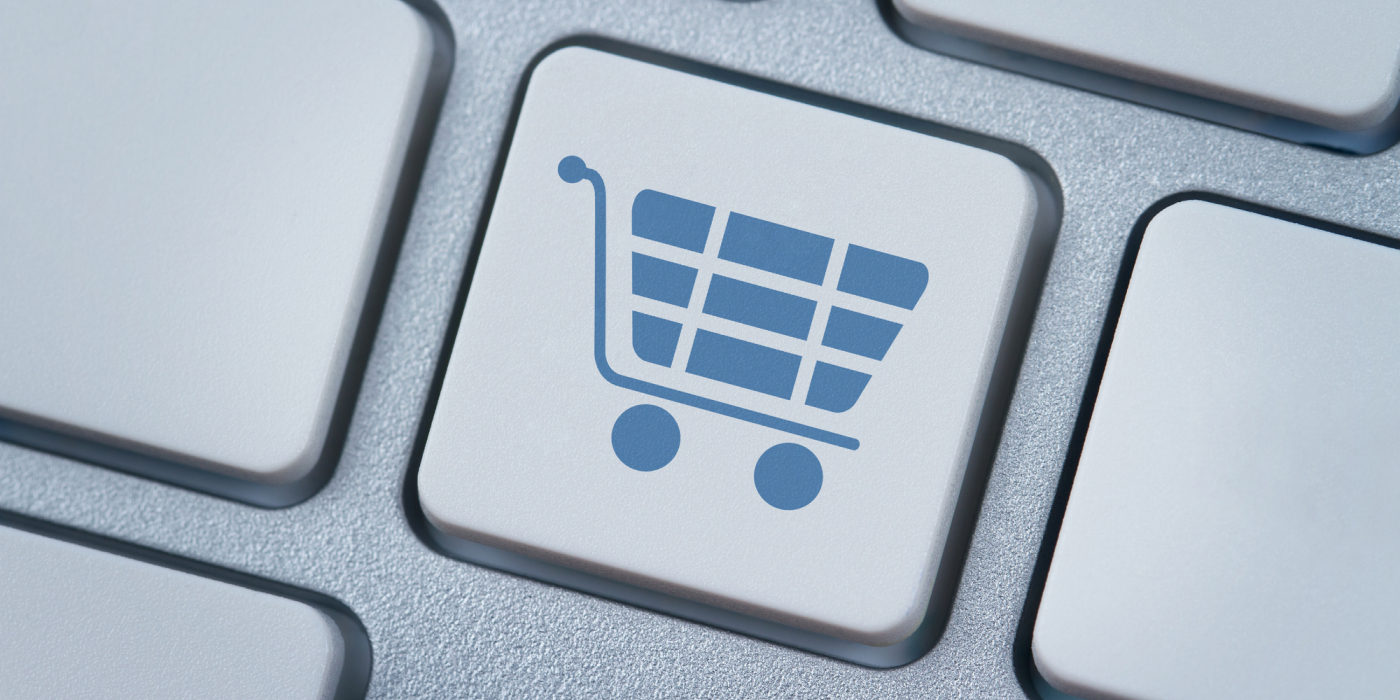Navigating Digital Transformation in the CPG Industry
The consumer packaged goods (CPG) industry is undergoing a profound transformation, driven by digital technologies that are reshaping how companies produce, market, and distribute their products. Companies are leveraging digital tools to better understand consumer behavior, optimize supply chains, and create more personalized marketing strategies. As CPG companies navigate this digital revolution, they must adapt and embrace innovative strategies and new technologies to remain competitive in an evolving marketplace.
Here’s a look at some strategies to help CPG companies effectively navigate digital transformation.
Invest in eCommerce
As online shopping continues to grow, CPG companies are increasingly expanding their eCommerce offerings. By offering online shopping options, companies can expand their reach beyond physical store locations, enabling them to increase their customer base and revenue potential.
Digital channels provide consumers with many options to browse products, purchase items, and engage with CPG brands. Procter & Gamble has been focusing on promoting its products on eCommerce channels, seeing a better return on investment than when it prioritized brick-and-mortar more. This shift comes as eCommerce options outprice traditional retailers while providing the convenience of delivering items to consumers’ doors.

Improve Workforce Productivity
Bringing digital transformation to the factory floor and to field teams are critical priorities for consumer packaged goods manufacturers as they seek to streamline communication and improve employee experiences and productivity. Empowering employees with the digital tools they need to work more efficiently can increase workforce satisfaction, boost productivity, and enhance collaboration. Workforce management systems enable companies to manage the tasks of all field service employees from one location. Managers can track, monitor, and update work schedules in real-time, improving team collaboration and communication.
Unilever recently launched a new mobile app for its more than 53,000 factory employees to keep them as digitally connected as their in-office colleagues. Known as My Unilever, the app was developed in partnership with Google Cloud and Accenture and provides access to HR, learning, and support systems, as well as email, Google Chat, and document sharing. It also provides access to third-party learning and payroll tools, some of which were only previously available by time-consuming paper-based or in-factory processes.
Strengthen Your Supply Chain
Supply chain disruption is one of the top fears among retail and CPG executives, according to a study released by Genpact and HFS Research. Implementing digital platforms to manage CPG supply chains is crucial for building resilience, visibility, and efficiency. The integration of digital technologies into supply chain management is transforming how companies forecast demand, manage inventories, and deliver products.
By implementing digital platforms, CPG companies can automate supply chain management, streamline logistics operations, and shorten delivery times. Delivery management solutions provide all of the tools companies need to track, optimize, and manage their delivery operations from a centralized location. As CPG supply chains continue to evolve, companies can seamlessly increase their delivery capabilities across more locations to keep up with growing business needs and demand fluctuations.

Embrace Data Analytics
Online shopping platforms generate valuable data on customer behavior, preferences, and buying patterns. By leveraging this data, CPG companies can gain insights into what products are popular, which promotions are effective, and how to tailor marketing efforts to specific customer segments. These insights can drive decision-making, from product development to supply chain management.
Ninety-three percent of consumer packaged goods industry decision makers are using data to optimize prices and promotions, and 92% are using it for profitable growth, according to Salesforce. Delivery management platforms can provide increased visibility and insights into a company’s delivery operation. Data collection and reporting capabilities can measure delivery and field service performance and provide insights into service quality, vehicle utilization, and workforce productivity.
Navigating digital transformation in the CPG industry is both a challenge and an opportunity. It involves leveraging technology and data-driven insights to enhance various aspects of business operations, including sales, marketing, supply chain management, and customer engagement. By continuously adapting and utilizing digital tools, CPG businesses can stay ahead of the curve, drive growth, and meet the changing expectations of consumers in the digital age.
For more information about how our delivery and workforce management solution can help you manage your deliveries and field service operations more efficiently, please contact info@bringoz.com.
